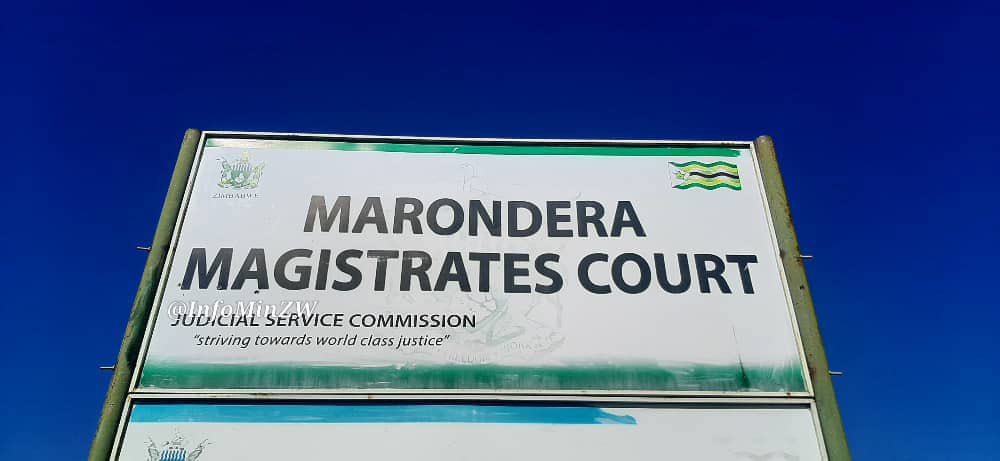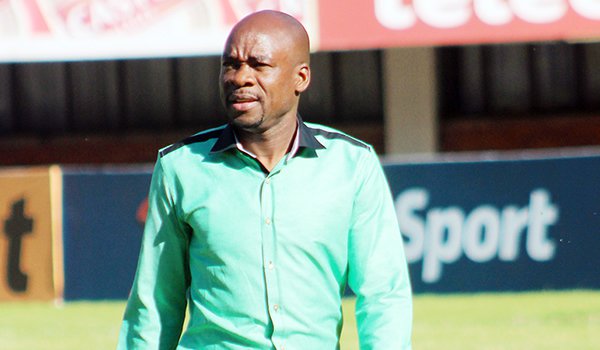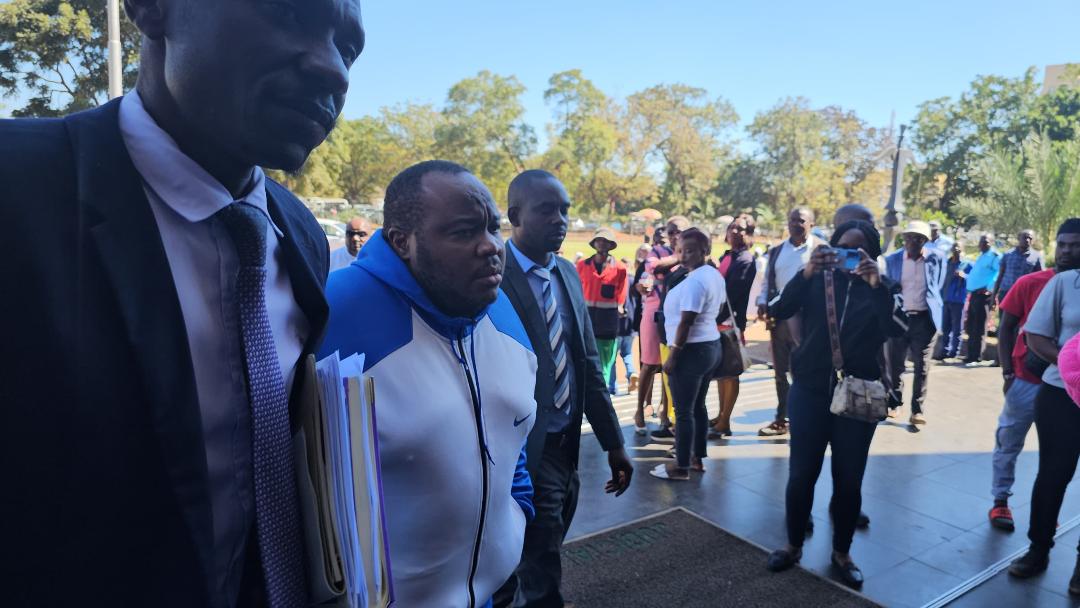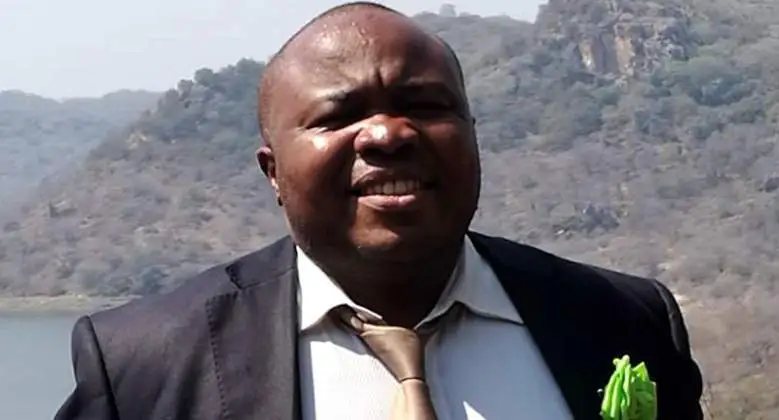HARARE – Former Cottco marketing and business development manager Maxmore Njanji’s efforts to save his properties from state seizure have hit a brick wall after his court application challenging the move was dismissed by the High Court.
Njanji had his immovable properties and a fleet of vehicles seized by the State last year amid beliefs that he acquired them using crime proceeds.
This followed his arrest together with Gokwe Nembudziya MP Mayor Wadyajena, Cottco managing director Pious Manamike, Fortunate Molai and Pierpont Moncroix Mauritius director Chiedza Danha last year.
The group was arrested on allegations of diverting US$5,834,000 meant to buy bale ties for the government cotton merchant to buy trucks, fuel and an assortment of other personal purchases.
They were charged with fraud, money laundering and corruptly concealing a personal interest in a transaction.
However, they were all removed from remand by magistrate Taurai Manuwere who said there was no justification in keeping them on remand with no indications as to when their trial will start.
Prosecutor General Nelson Mutsonziwa had already filed an ex parte chamber application for seizure of Njanji’s property noting that the State believed it was acquired using the stolen money.
High Court judge Pisirayi Kwenda then granted an order instructing law enforcement officers to secure Njanji’s property at his companies, Chita One Logistics, and Square Family Trust.
Njanji filed an application for rescission of Kwenda’s judgement which has been struck off the roll by Justice Benjamin Chikowero.
Chikowero argued that the decision to seize Njanji’s property was lawfully reached at and as such, there was no need for him to complain.
“My view is that what was placed before Kwenda J was a criminal proceeding.
“It was a conviction based application for a property seizure order, brought in terms of s 47(1) (b) of the Act.
“That the application mentioned civil based property seizure as an alternative cause of action was clumsy on the part of the drafter of the application.
“At the end of the day, it did not, and could not; change the substance of the application that was before the court.”
The judge said at law, he is not allowed to review a judgement by his colleague.
“I must also record that it would be remiss of me to interrogate the application placed before Kwenda J for the purpose of satisfying myself that a case was made for the order granted by him.
“Although he determined the application in Chambers, he was exercising jurisdiction as the High Court of Zimbabwe.
“This court, even though it is exercising jurisdiction in a civil application, cannot review its own decision rendered while exercising jurisdiction in a criminal matter.
“… I make the foregoing remarks to underline the fact that once I determine, as I do, that this application is not properly before me, then that is the end of the matter.
“I cannot circumvent my own conclusion by going into the merits of that which is not properly before this court,” he ruled.
Njanji had complained that the order for seizure was granted in his absence.
The PG challenged the application arguing that the order was not erroneously granted as the Money Laundering and Proceeds of Crime Act allowed it to make the application without notice to Njanji.
















